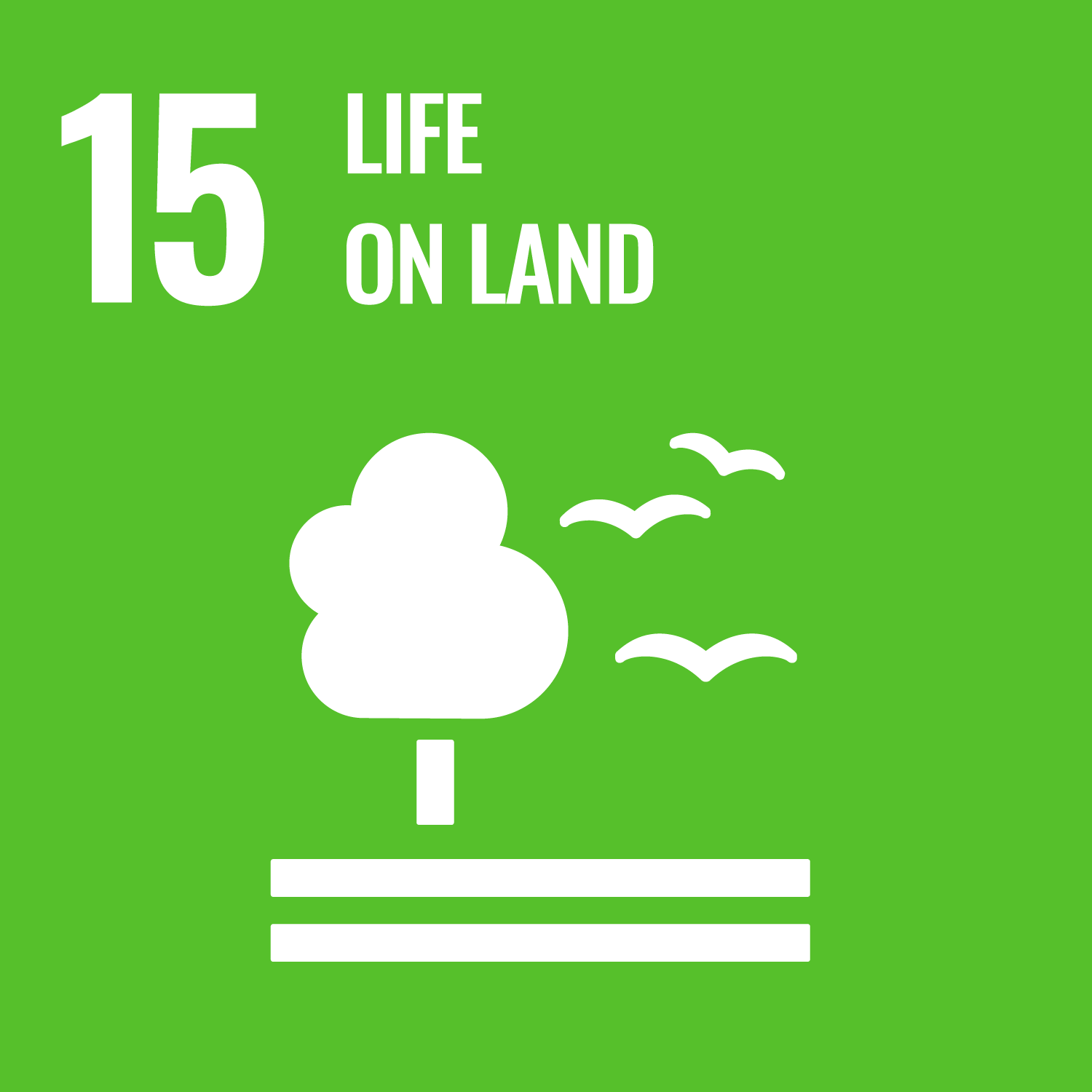ORCID
- James Buckley: 0000-0003-2264-4096
Abstract
Elevated levels of inbreeding increase the risk of inbreeding depression and extinction, yet many inbred species are widespread, suggesting that inbreeding has little impact on evolutionary potential. Here, we explore the potential for transposable elements (TEs) to maintain genetic variation in functional genomic regions under extreme inbreeding. Capitalizing on the mixed mating system of Arabidopsis lyrata, we assess genome-wide heterozygosity and signatures of selection at single nucleotide polymorphisms near transposable elements across an inbreeding gradient. Under intense inbreeding, we find systematically elevated heterozygosity downstream of several TE superfamilies, associated with signatures of balancing selection. In addition, we demonstrate increased heterozygosity in stress-responsive genes that consistently occur downstream of TEs. We finally reveal that TE superfamilies are associated with specific signatures of selection that are reproducible across independent evolutionary lineages of A. lyrata. Together, our study provides an important hypothesis for the success of self-fertilizing species.
DOI Link
Publication Date
2022-11-17
Publication Title
Nature Communications
Volume
13
Issue
1
ISSN
2041-1723
Acceptance Date
2022-11-08
Deposit Date
2023-01-18
Embargo Period
2023-01-20
Recommended Citation
De, K., Legrand, S., Honnay, O., & Buckley, J. (2022) 'Transposable elements maintain genome-wide heterozygosity in inbred populations', Nature Communications, 13(1). Available at: 10.1038/s41467-022-34795-4


